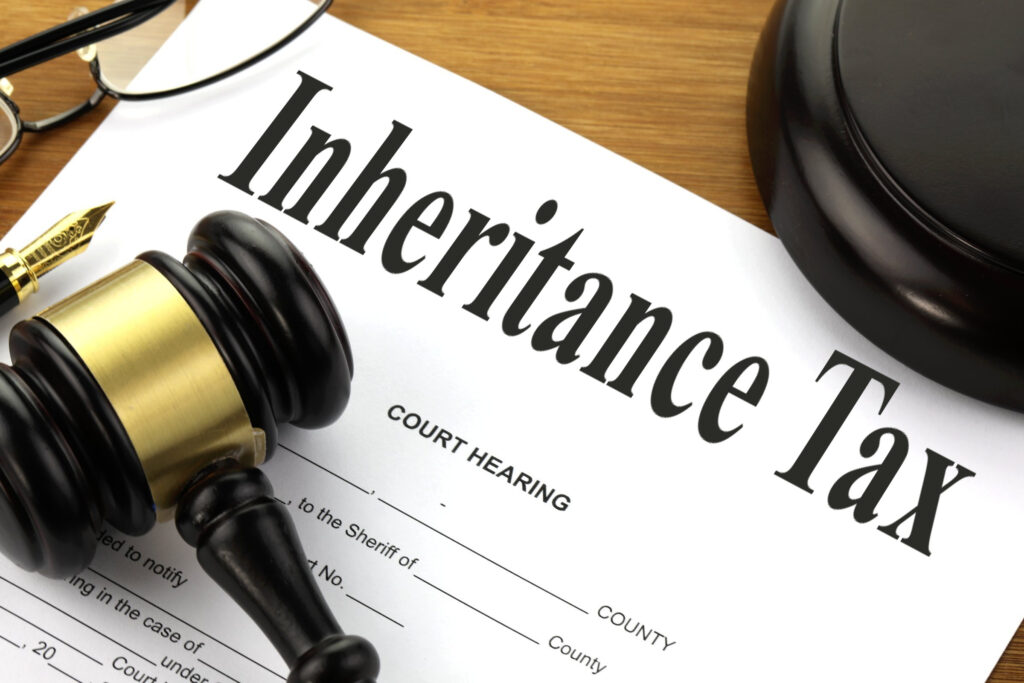We deal with UK and Spain Succession Estates problems having offices and a network of Uk Tax advisors, maybe you should consider to have a consultation with us regarding not just only if your Will need to be reviewed after Brexit.
It is necessary to plan your future Estate regarding your home abroad, as at some times the HMRC can consider a Spanish right as the one we will discuss today, the Usufruct, as another British law right, a life interest trust, making a fiction that it is not legally binding but if you do not act as our client will do in this case, you will have to pay between 10% to 40% of Uk inheritance Tax from the Spanish property.
Recently we have had a case from a British citizen to inform if there is a Succession or Estate Tax (Impuesto de Sucesiones) to be paid in Spain from a lady who acquired by a previous purchase the right of usufruct that as this “real” right nature was finished, as established at the contract Deeds, with her Death.
The Usufruct is a real right of Spanish Law, that comes from the Roman Law, and means the right to use and even let to someone else the property. So even my client was the owner of the property, and he has been paying Non Resident Income Tax in Spain as the property became part of his assets or patrimony (evidence we had from the last year payment of the IRNR paid), the use of the house or possession was for this lady who was her mother.
The Usufruct by nature is a temporary right, and in Spanish Law can have a limited time or condition term, or can be done for life, as it was in this case. Being this the case, at the time the mother died, then and without not Deeds, Probate, Will or Confirmation process, what is called the consolidation of the domain is automatic by Law, as it is establish at the Act Spanish Civil Code articles numbers 467, 468, 513 and 609, but it is necessary to point out that it is not necessary a contract or a new public Deed of conveyancing, as my client was the owner from the Deeds. Then the faculties to use the property are recovered for the owner.
The Spanish Law regarding taxes for this case, establish that there is not Succesion Tax applicable and make a clear distinction regarding where the Usufruct arises from a lucrative contract or Deeds, having a Rule established at the article 42,2 del Act or “Real Decreto” 828/1995 of 29th May saying that in these cases there is not Succesion Tax to be paid (as there is when the Usufruct arises from a Non Lucrative Title as a Will or Estate or even a Gift) and there will be tax to be paid for the ITP (equivalent to the Uk Stamp Duty) or the one to be paid for the Community in this case, being Canary Island General Indirect Tax called the IGIC.
In this case, the tax will be paid just over the percentage of the tax equivalent to the age of the usufructuary that was not paid at the time of the purchase, at 2016. The Spanish authorities have a rule by Law to know the exact value of a lifetime usufruct, and it is that it is equal to 70% of the total value of the freehold property where the beneficial owner is under 20 years old, decreasing by 1 % for each year over this age and with a minimum value of 10% and a maximum of 70%.
The conversion is carried out using mathematical calculations as follows: 89 minus the usufructuary´s age. The result is a number which applied as a percentage and then is multiplied by the asset´s value, so for example:
89- 77 (usufructuary age xx/xx/19xx at the creation of the Usufruct) = 12 %
12% x 600.000 (asset´s value)= Usufruct value.
In case it is a young person who is going to be using the property then the percentage will be higher.
89-35 (usufructuary age at the time of the Deeds) = 54%
To create a general fiction or rule with a standard percentage (like I have been inform the HMRC could do) bearing in mind there is a split in ownership is not a correct way to understand the Spanish Law and it is against the nature of the Usufruct. It will be like to add into someone inventory of assets at his/her death his/her rights as tenancy for example, establishing once there is a tenancy agreement per years, from the first day the ownership is split as the possession of the property belongs to the tenant.
The Usufruct in this case was paid in a Deeds for life, instead a tenancy agreement paid yearly, and it is not part of her estate, as the most important characteristic of the Usufruct is that is a temporary right and the value will depend upon the age of the usufructuary.
Jose Luis Martinez Hens

